When Nehemiah inquired about the well-being of the returning captives, Hanani told him basically that they survived the captivity but returned to Jerusalem only to experience more distress (Nehemiah 1:3).
It is one thing to survive captivity but another thing to return home distressed and disgraced and find the walls of the city devastated and the gates burned. The cities of Israel were protected from enemy invasion by thick stone walls, so walls represent your sense of protection.
Walls that are destroyed, that are broken down, means you feel naked, vulnerable, exposed, unprotected, insecure, and defenseless. The gates of the city were where meetings were convened, the rulers met, and counsel given; in short, the gates represented the place of authority.
Gates also speak of access. And the gates burned with fire means your life is like open season… This could also mean there is no authority or boundaries in your home; actually the whole fabric of your family structure lies in ruins; your life is out of control.
Nehemiah went into action, he got some brethren together and started the work of restoration; of building up, he said “… Come and let us build up the wall of Jerusalem, that we may no longer be a reproach.”
Notice he said let us. He with other brothers got personally involved in the process of helping those in distress. We all need Nehemiah’s who will get some brothers and sisters and say, “Look we cannot have this, come let us build up so and so that we may no longer be a reproach.”
The Bible says to weep with them who weep and mourn with them who mourn. Let’s cover the vulnerability of our brothers and sisters, let us restore a sense of security and protection around them.
We can’t leave them open to the enemy’s attack like this. Maybe you could help build up someone now and another time it will be your turn to be built up to be covered to be protected. Let’s get with the program.


